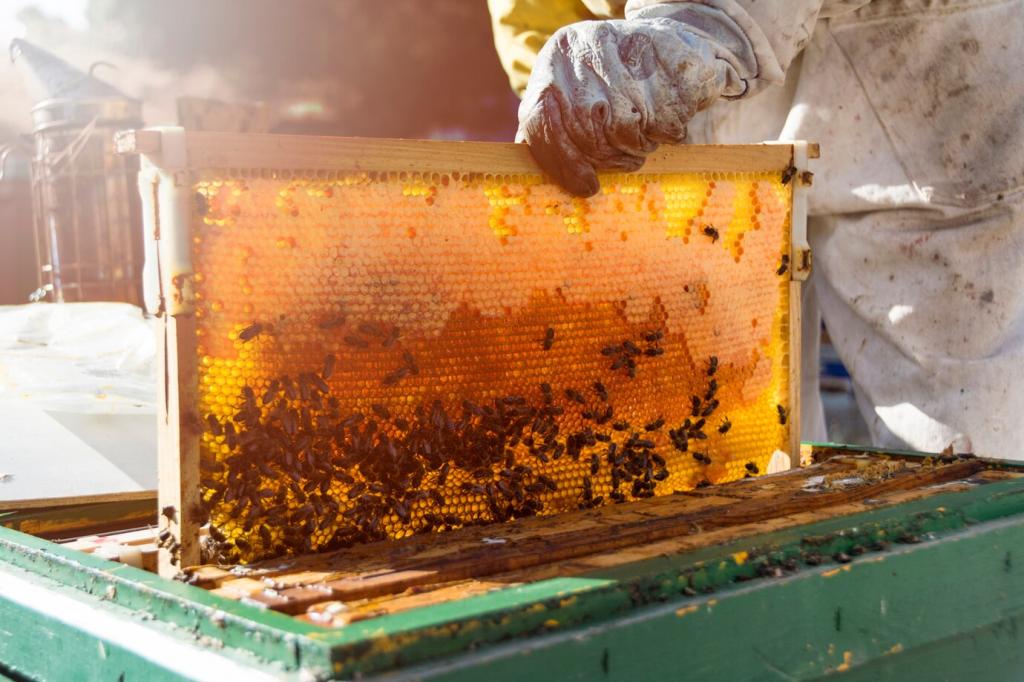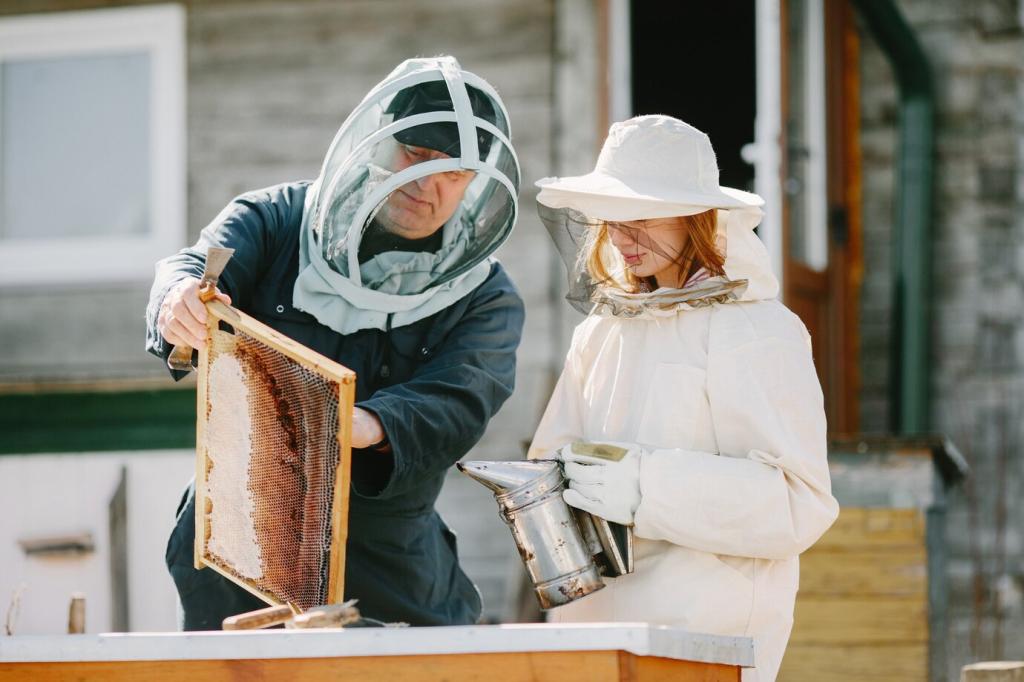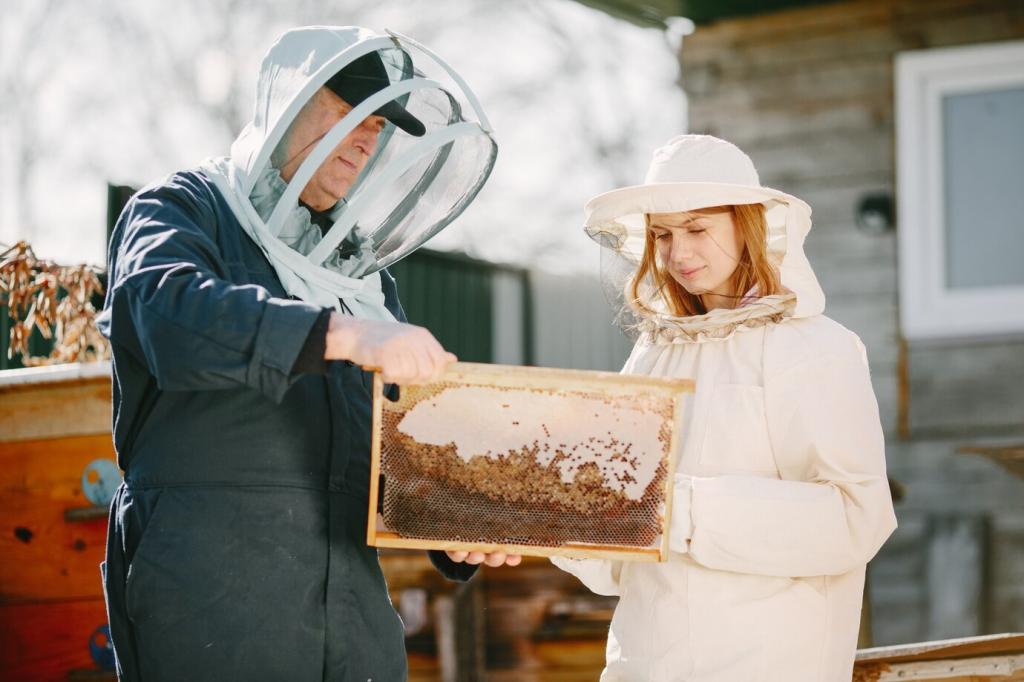
Economic and Community Benefits of Urban Beekeeping
Urban beekeeping is a growing movement in cities around the world, offering dynamic benefits that extend beyond honey production. This innovative practice contributes to the economic vitality of urban environments and brings communities together with shared environmental initiatives. As city dwellers look for sustainable ways to engage with nature, urban beekeeping emerges as a multifaceted solution fostering economic development, job creation, educational opportunities, and community cohesion.

Environmental Awareness Initiatives
Apiaries in city spaces provide unique opportunities for environmental education. Through partnerships with schools, community centers, and environmental organizations, residents learn firsthand about pollinator biology, the threats facing bees, and practical steps for supporting urban biodiversity. These educational initiatives can include hive tours, workshops, and interactive classes, making environmental science accessible and relevant. Well-informed citizens are better equipped to make decisions that foster greener, healthier cities, creating advocates for pollinator protection across diverse communities.
Youth Empowerment Programs
Urban beekeeping programs are increasingly integrated into youth development efforts. By engaging young people in the care, maintenance, and harvesting of beehives, these programs help develop practical skills, responsibility, and teamwork. Participants are introduced to concepts in biology, ecology, and entrepreneurship, often sparking interest in future careers within the environmental or scientific fields. These experiences make lasting impacts, empowering the next generation of urban leaders while strengthening the social fabric of their neighborhoods.
Inclusive Community Events
Open hive days, honey tastings, and beekeeping festivals invite city residents to gather, share experiences, and celebrate local achievements in urban agriculture. These inclusive events foster a sense of belonging and pride among participants, regardless of age or background. They also offer platforms for local artisans and food producers to showcase bee-related goods, further integrating beekeeping into the cultural and economic life of the city. In turn, strong community ties develop around shared environmental goals and supportive networks for ongoing engagement.

Sustainability and Urban Ecosystems
Urban beekeeping directly supports biodiversity by encouraging the planting and maintenance of pollinator-friendly habitats. As city dwellers plant a greater variety of flowers, herbs, and trees favored by bees, local flora becomes more diverse and resilient. This proliferation of flowering plants not only benefits bees but also provides habitat and food for a host of other pollinators and small wildlife. The resulting increase in lush green spaces contributes to a healthier, more vibrant urban ecosystem that can better withstand environmental pressures.
Beekeepers in cities are uniquely situated to monitor and respond to trends in pollinator health. Urban environments often have fewer agricultural pesticides than rural areas, offering potential havens for bees. Managed hives enable targeted interventions for issues like disease, nutrition, or environmental hazards. Additionally, city beekeepers can collaborate with researchers, policymakers, and communities to advance knowledge about pollinator well-being, establishing cities as living laboratories for innovative solutions to global bee declines.
The presence of urban beehives encourages wider adoption of sustainable practices among residents and local businesses. Beekeepers often model eco-friendly behaviors, such as planting native species, reducing chemical use, and practicing organic gardening. These practices gradually influence broader urban planning discussions, shaping greener cities through sustainable landscaping, green roofs, and environmental policies. Sustainability becomes a community effort, rooted in the shared responsibility of caring for bees and the living environment they support.
